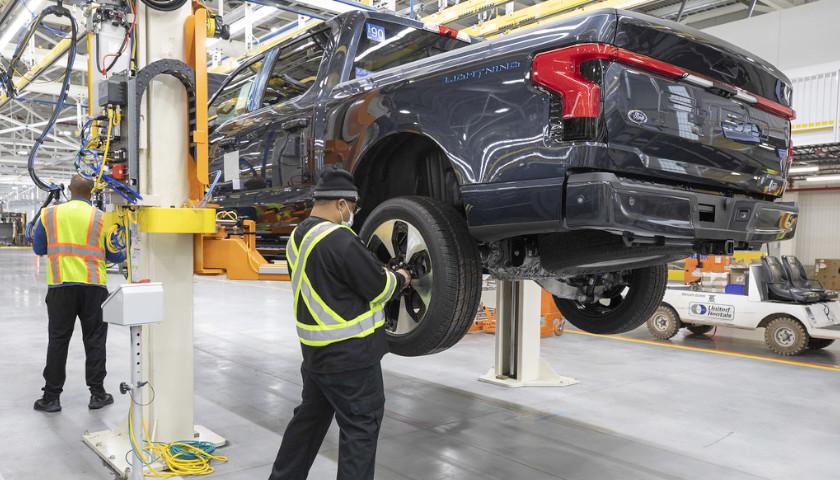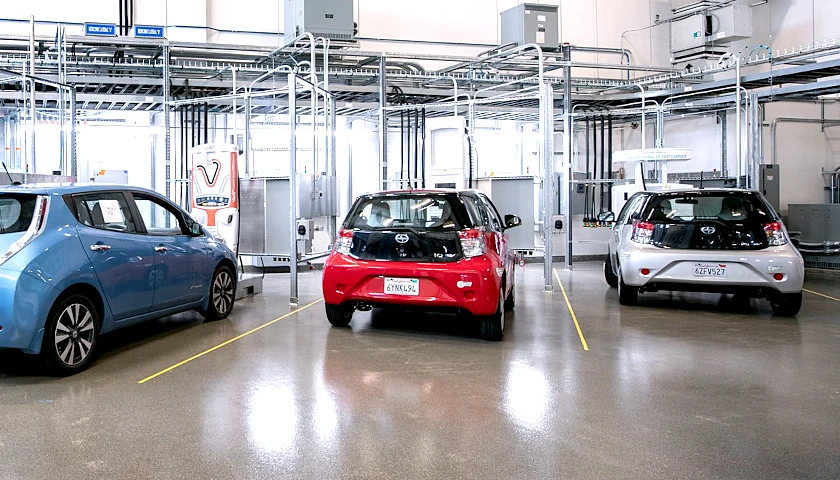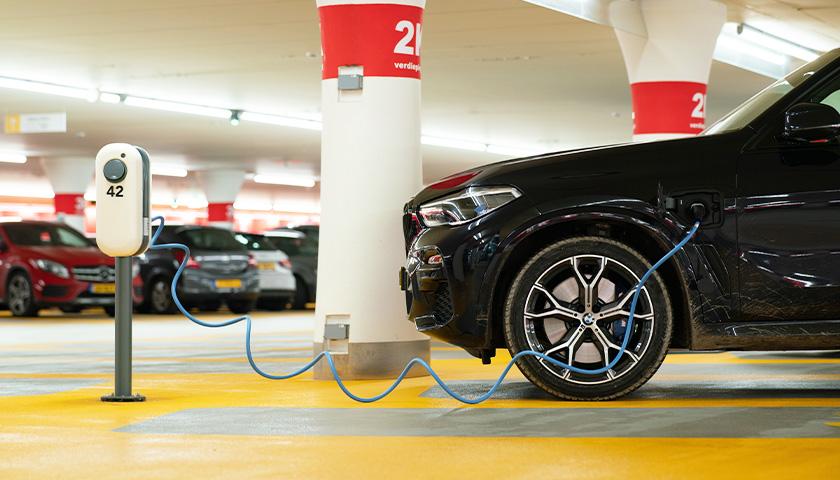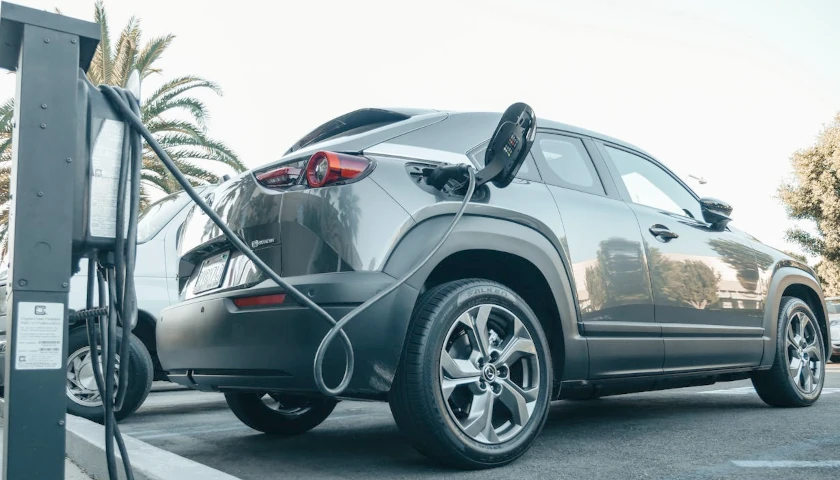The Virginia General Assembly is considering a bill that would see taxpayers spend millions to help companies build infrastructure for electric vehicles (EVs) in “distressed” parts of the commonwealth.
HB 107 by Delegate Rip Sullivan Jr. (D-Arlington) passed in the House of Delegates with 71 votes in favor on February 8, and most recently advanced through the Senate Committee on Commerce and Labor on February 19.
If made law, the bill would establish the Electric Vehicle Rural Infrastructure Program in a bid to encourage private development of public electric charging stations, and depending on funding, would allow companies seeking to build car charging stations to “apply for grants equal to 70 percent of the private developer’s non-utility costs” for the charging stations.
Though the legislation originally requested $50 million, the budget proposed by the House on February 18 requested $2 million for the rural car charging network.
Grants under the proposed law would be restricted to “any distressed locality” in Virginia, and describes such areas as small cities and towns with an unemployment rate or poverty rate higher than that of the commonwealth.
The legislation comes as car lots report that consumers are not buying EVs in the numbers anticipated, leaving them sitting on lots and auto companies reconsidering previous plans for electric fleets.
A report published in 2023 showed sales of electric vehicles represented less than 10 percent of total sales, with customers skeptical of performance and cost, and car lots reporting the vehicles are going unsold as a result.
The trend continued into December, when Fast Company reported the number of unsold EVs sitting on car lots hit a new record, with most dealers reporting a 114-day supply of new EVs, which is nearly twice the 60-day supply the outlet explained dealerships consider ideal.
In 2024, the average cost of a new gasoline vehicle is $33,797, according to The Zebra. For an EV, the outlet reported consumers can expect to pay $66,997 unless federal or state tax credits defray the expense.
Meanwhile, automakers are lobbying the federal government to roll back regulations advanced by the Biden administration to incentivize the adoption of electric vehicles.
Car manufacturers are also scaling back their production of EVs, with Ford and GM both announcing cuts early this year and the industry reporting widespread layoffs last week.
– – –
Tom Pappert is the lead reporter for The Tennessee Star, and also reports for The Georgia Star News, The Virginia Star, and The Arizona Sun Times. Follow Tom on X/Twitter. Email tips to [email protected].
Photo “Electric Vehicle Factory” by Automotive Rhythms. CC BY-NC-ND 2.0.





